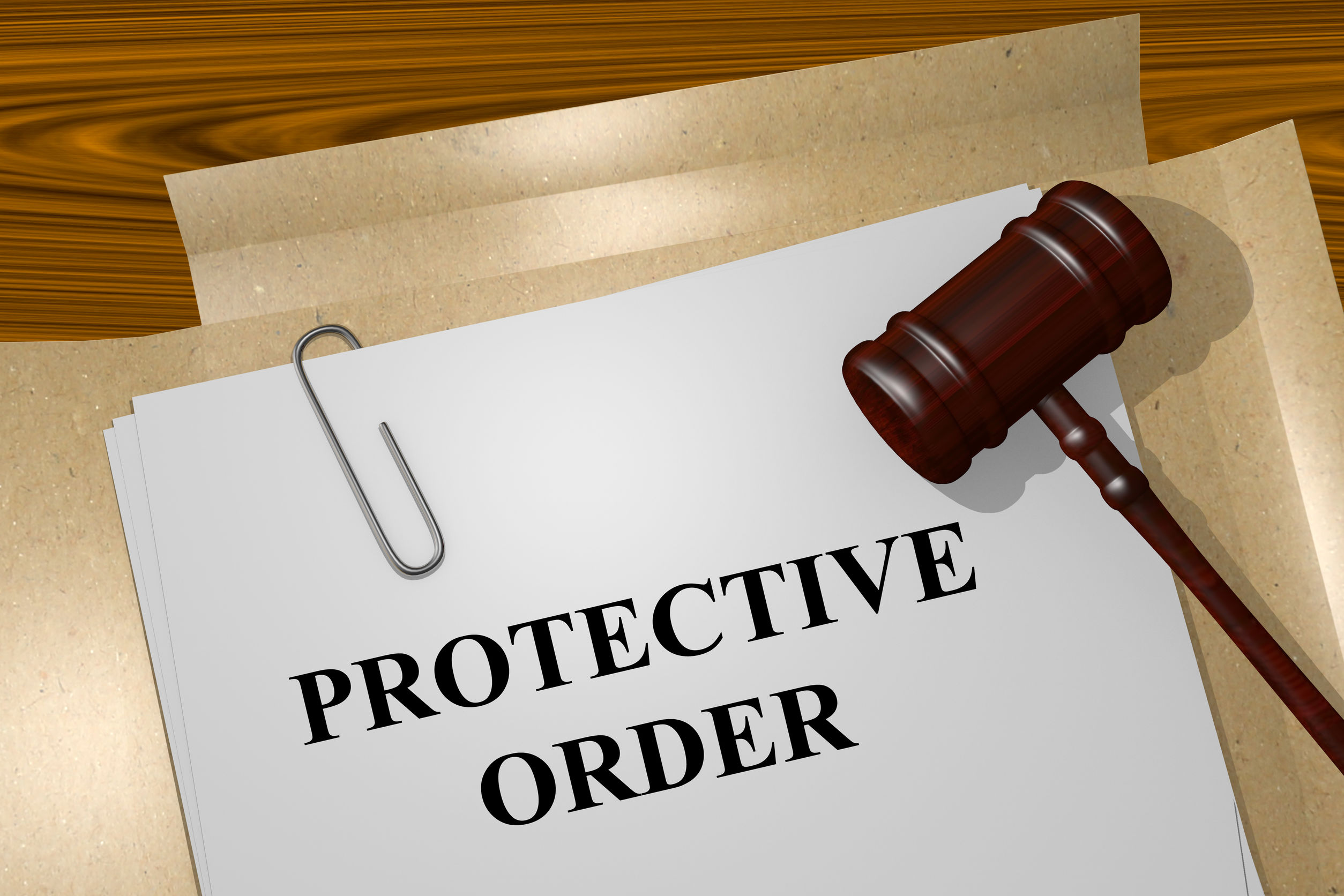There are many reasons for a protective order to be issued in Tulsa County. A protective order, also known as a restraining order, is a legal document that a court issues to protect individuals from abuse, harassment, stalking, or threats by another person. To qualify for a protective order the persona must be in a or have been in a romantic or family relationship with each other. The court grants protective orders to ensure the safety and well-being of individuals who are at risk. Some potential reasons for issuing a protective order are:
1. Domestic Abuse
- Physical Violence: Instances of physical violence, such as hitting, slapping, punching, kicking, or any other form of physical harm.
- Threats of Violence: Threatening to cause physical harm to the petitioner or their family members.
- Emotional and Psychological Abuse: Behavior that causes emotional distress or psychological harm, such as manipulation, intimidation, and controlling actions.
2. Stalking
- Repeated Following: Persistent and unwanted following or surveillance of the petitioner.
- Harassment: Continuous harassment through phone calls, messages, emails, or in-person confrontations.
3. Harassment
- Unwanted Contact: Repeated and unwanted contact that causes distress, such as phone calls, text messages, emails, or visits.
- Verbal Abuse: Use of offensive, threatening, or abusive language that is aimed at intimidating or controlling the petitioner.
4. Child Abuse
- Physical Abuse: Inflicting physical harm or injury on a child.
- Emotional Abuse: Behavior that causes emotional or psychological harm to a child.
- Neglect: Failure to provide necessary care, supervision, or protection for a child.
While these are not the only reasons for a protective order, these are some of the ones we see most often.
The Legal Process
If you are suffering from any of the behavior set out above the courts in Tulsa County have a strict procedural process that you must file.
Filing a Petition With The Court
The petitioner must file a petition for a protective order at the district court in the county where they reside or where the abuse occurred. The petition should include specific details about the abuse or threats, such as dates, times, and descriptions of incidents. DHS will offer domestic violence victims a court advocate that may help the petitioner draft the court forms that are
Emergency Protective Order (EPO)
The judge reviews the petition and evidence and may grant the EPO based on the information provided to provide immediate protection. This will be temporary and, typically, the judge will grant it without a full hearing. The key is that the Judge hears testimony from the petitioner that meets the requirement of stalking, harassing or threatening. In the case of children on a protective order the Judge will order a parent to remove the child and file for emergency custody before the next trial date.
Service And Notice Served On The Other Person.
The respondent (the person who the order is against) must be served with the protective order, and in most cases, law enforcement will be the ones to do so. The notice contains a copy of the petition which contains the allegations being made. If the persona who the allegations are being made possess guns in their home they will be ordered to surrender the weapons to law enforcement. Once the petition is served on the other party the protective order is deemed in full force until the protective order trial. If after the temporary order of protection is granted the person for whom it is entered against violates the order this violation is a criminal offense and could land them in jail.
Full Protective Order Trial on The Merits
A full hearing will take place within 14 days of the court issuing the EPO, and both the petitioner and respondent have the opportunity to present evidence and testify. At this hearing the attorneys in the case will ask questions related to evidence submitted in the case. The hearing is a full hearing and can involve witnesses being called and evidence being submitted in the case. The rules of evidence apply so its important to have an understanding of procedure.
After hearing the evidence, the judge decides whether or not to issue a final protective order, which can include various provisions to protect the petitioner, such as no-contact orders, exclusion from certain locations, and temporary custody arrangements.
Tulsa County Protective Order Lawyers
In Oklahoma, Reasons for a Protective Order are wide ranging. Protective orders are granted to safeguard individuals from domestic abuse, stalking, harassment, sexual assault, child abuse, vulnerable adult abuse, and threats of harm. The process involves filing a petition, potentially receiving an emergency protective order, serving the order to the respondent, and attending a full hearing.
Our team of protective order attorneys at Tulsa County Lawyers Group will guide you through the protective order process. If you need help, contact us today by calling (918) 379-4864 or reach us online for a consultation.

